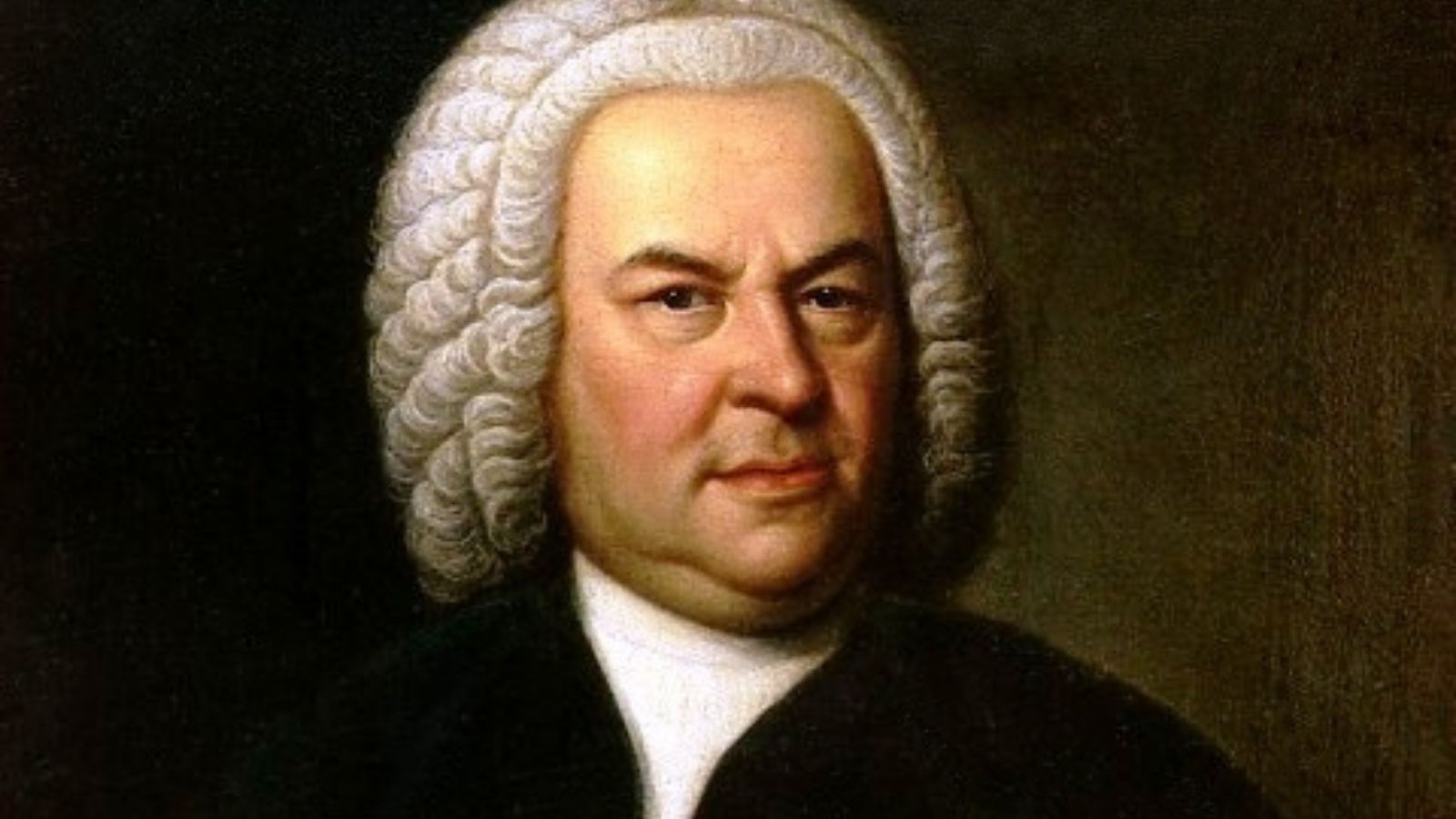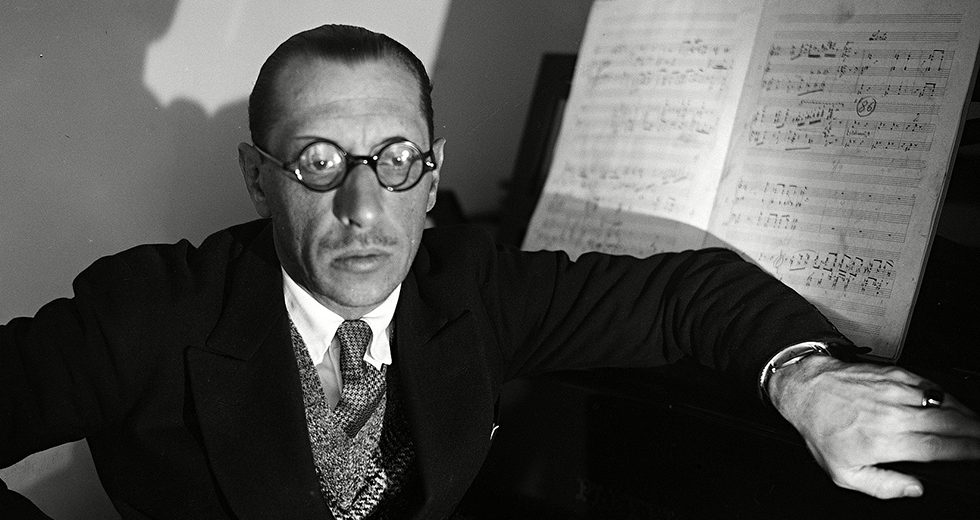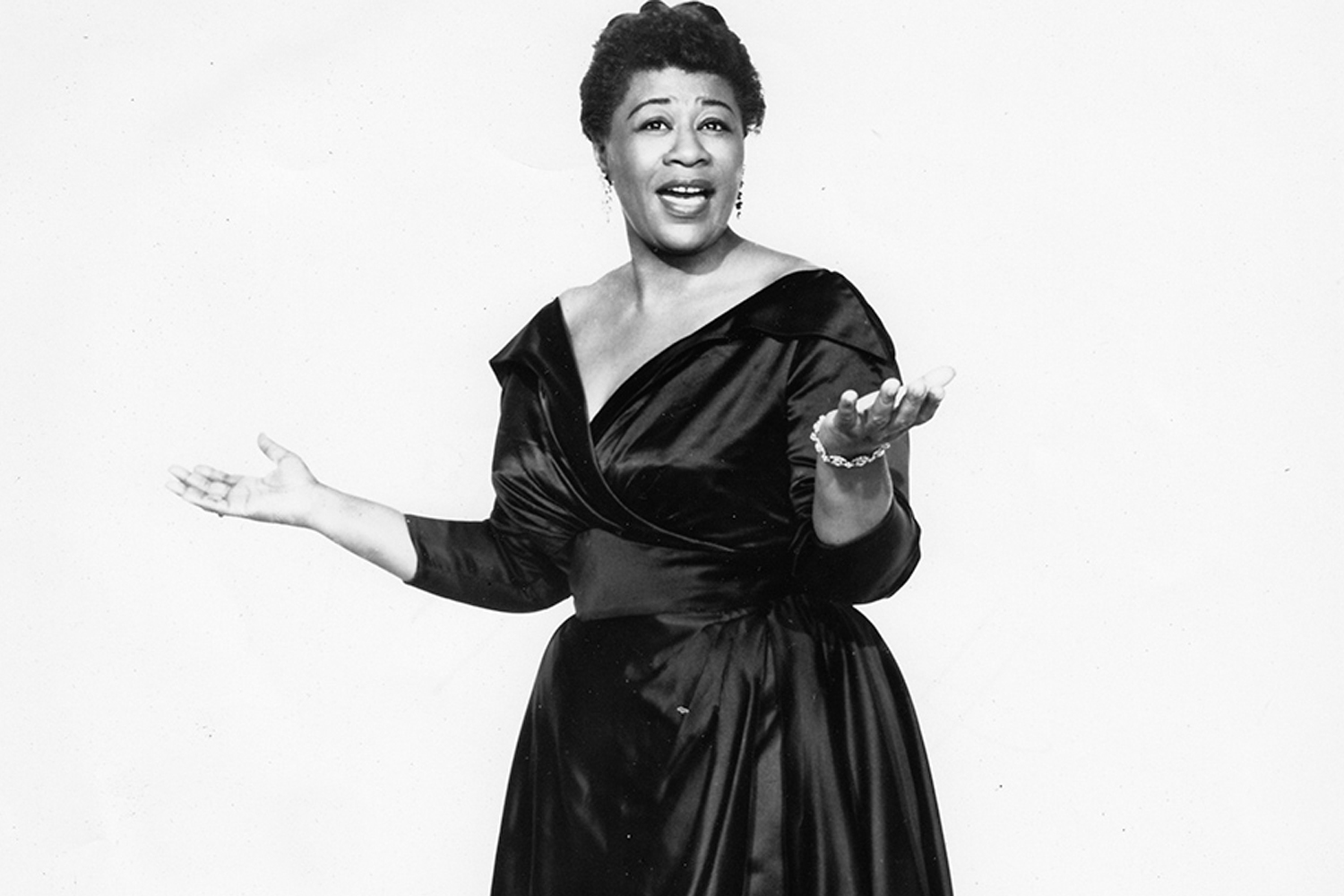Throughout history, certain individuals have stood out not just for their talent, but for the profound impact their music has had on the world. These musical geniuses possess an extraordinary ability to connect with listeners on a deep emotional level, pushing the boundaries of creativity and leaving a lasting legacy that transcends time. Here, we explore the lives and contributions of a few of these remarkable figures.
-Monday, September 9

Ludwig van Beethoven: The Resilient Innovator
Ludwig van Beethoven is perhaps one of the most iconic composers in Western classical music. What makes Beethoven’s story so compelling is his triumph over adversity. Despite gradually losing his hearing, a devastating blow for any musician, Beethoven continued to compose, creating some of his most famous works during this period. His compositions, like the Symphony No. 9 and Moonlight Sonata, are filled with intense emotion and complexity, reflecting his personal struggles and inner turmoil.
Beethoven’s ability to “hear” music in his mind and translate it into groundbreaking compositions revolutionized classical music. His work laid the foundation for the Romantic era, characterized by expressive depth and dramatic intensity. Even today, his music resonates with listeners, reminding us of the power of resilience and the enduring human spirit.

Wolfgang Amadeus Mozart: The Prodigy Who Defined Classical Music
Wolfgang Amadeus Mozart was a musical prodigy whose talent was evident from a very young age. By the time he was five, Mozart was already composing and performing for European royalty. His works are characterized by their complexity, grace, and innovation, spanning a wide range of musical forms, including symphonies, operas, and chamber music.
Mozart’s influence on classical music is immeasurable. His ability to blend intricate melodies with structural perfection set a new standard for composers. Works like The Magic Flute and Requiem are still celebrated today for their emotional depth and technical mastery. Mozart’s genius continues to inspire musicians and composers, highlighting the timeless nature of his contributions to music.

Frédéric Chopin: The Poet of the Piano
Frédéric Chopin, often referred to as the “Poet of the Piano,” was a master of the Romantic era. His music, deeply personal and emotionally rich, transformed the piano into an instrument capable of expressing the most intimate feelings. Chopin’s compositions, such as his nocturnes, waltzes, and ballades, are known for their lyrical beauty and technical brilliance.
Chopin’s influence extends beyond his compositions; he revolutionized piano technique, encouraging a more expressive and nuanced approach to playing. His music has a profound impact on pianists and listeners alike, offering a window into the depth of human emotion. Through his work, Chopin remains a symbol of artistic sensitivity and emotional expression.
Johann Sebastian Bach: The Master of Counterpoint
Johann Sebastian Bach is often hailed as one of the greatest composers in history, revered for his mastery of counterpoint and harmonic structure. Bach’s compositions, including the Brandenburg Concertos and The Well-Tempered Clavier, are celebrated for their intellectual depth and technical precision. His work in developing the fugue and his use of complex, interwoven melodies set him apart as a true innovator.
Bach’s influence on music is profound, extending well beyond his lifetime. His work laid the groundwork for much of Western music theory and composition. Composers from Mozart to Beethoven and beyond have drawn inspiration from Bach’s meticulous craftsmanship, ensuring that his legacy continues to shape the course of music.

Pyotr Ilyich Tchaikovsky: The Emotional Storyteller
Pyotr Ilyich Tchaikovsky is renowned for his ability to convey deep emotions through music. His compositions, including the ballets Swan Lake and The Nutcracker, as well as his Symphony No. 6 “Pathétique,” are celebrated for their lush orchestration and emotional depth. Tchaikovsky’s ability to blend sweeping melodies with dramatic narratives has made his music enduringly popular.
Tchaikovsky’s work stands out for its expressiveness and its capacity to evoke powerful feelings in listeners. His contributions to the ballet repertoire and symphonic music have left a lasting impact, and his ability to communicate through music continues to captivate audiences around the world.

Igor Stravinsky: The Revolutionary Modernist
Igor Stravinsky is celebrated for his revolutionary contributions to 20th-century music. His work, including the groundbreaking ballet The Rite of Spring, challenged conventional musical structures and introduced new rhythmic and harmonic innovations. Stravinsky’s avant-garde approach reshaped the landscape of modern music.
Stravinsky’s ability to push the boundaries of musical form and expression established him as a key figure in the evolution of contemporary music. His influence extends across various genres, and his bold experimentation continues to inspire musicians and composers, marking him as a true innovator of his time.

Ella Fitzgerald: The Queen of Jazz
Ella Fitzgerald, known as the “Queen of Jazz,” was a legendary vocalist whose career spanned over six decades. Her unparalleled vocal range, impeccable phrasing, and joyful interpretations of jazz standards made her a revered figure in the world of music. Fitzgerald’s performances, from “Summertime” to “Misty,” showcase her extraordinary talent and deep connection to the jazz tradition.
Fitzgerald’s influence on jazz and popular music is profound. Her ability to convey emotion and improvisational skill has left a lasting legacy, and her recordings remain a gold standard for vocal jazz. Ella Fitzgerald’s contribution to music is celebrated for its brilliance and timeless appeal.

The impact of these musical geniuses is not just confined to the notes they wrote on the page. Their work has shaped the development of entire musical genres, influenced countless other artists, and left an indelible mark on culture and society. Their ability to transcend their circumstances, push the boundaries of creativity, and connect deeply with the human experience makes them timeless figures in the world of music.
As we listen to their compositions today, we are reminded of the power of music to inspire, to heal, and to connect us across time and space. These geniuses have given the world a gift that continues to resonate, reminding us of the beauty and complexity of the human spirit.


